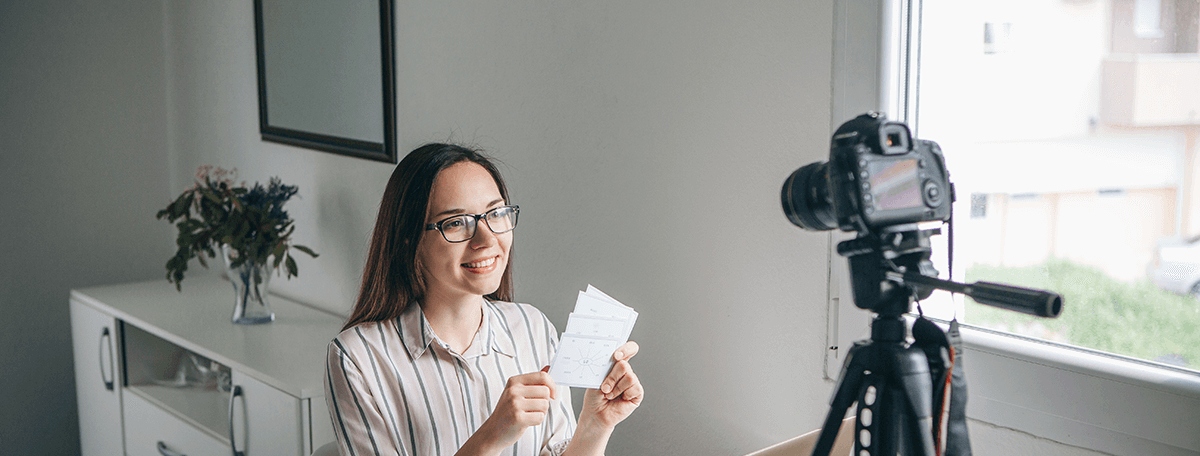Comments
- No comments found

I always thought it would be amazing to have Carl Sagan teach a class on astronomy.
I could sit back in my chair, relax and listen to this brilliant professor present amazing features about our universe in a way that would not only be educational but potentially transformative. Unfortunately, I didn't get Professor Sagan. What I got was a graduate student whose attention was on another project a few light-years away from the matter at hand. I would bet that this happens more than most universities would like to admit.
Now, something fundamental is changing our world. As technology gains a foothold, thanks in part to the social upheaval of COVID-19, our use of eLearning is in a tremendous state of flux. Universities now seek to deliver courses online, yet seem to be delivering the limited real-world experience in a less limited virtual space. It seems that these universities are taking a traditional and rigid model, pushing it through the available technology with little thought about how the entire user experience can be enhanced.
This experience is playing out in industries around the world. Your accessibility to world-class physicians now exists with the convenience of a smartphone. And many masterclasses are now available for a remarkably small fee. We no longer settle for what geography offers us but seek out the best and the brightest to enhance the entire experience from content to delivery.
Today, many universities are simply taking their standard classroom format and trying to recreate it as some sort of online experience that feels just like the traditional classroom setting.
It’s not.
As I’ve discussed in a prior article, the educational experience and online setting needs to be reinvented, and not just recalibrated. We must create a unique experience similar to the robust user experience (UX) that now exists online. Perhaps we can even establish the EX (educational experience) as a new guardrail for the system that is currently in the throes of change.
Of course, this comes at the expense of higher education orthodoxy. They have tremendous control and it would be unlikely that they would easily compromise the educational hegemony that supports their perceived academic reputation and price tag.
Last year, Rutgers announced a Fall 2020 semester “that combined a majority of remotely delivered courses with a limited number of in-person classes.” It will be interesting to see if Rutgers (and other schools) can advance their agenda of academic excellence with something more than a "cut and paste" curriculum driven by a lackluster technology platform that we just zoom in and out of. And much of the dialogue is around time and space and much less about the vast potential for expanding the opportunity to learn from the diverse and eclectic minds that are available.
In a word, it's disruption.
The traditional campus structure must give way to consumer demands and needs.
From faculty to efficiency to economy, the ivory tower will be augmented with the electron tower and the result can be simply brilliant.
John is the #1 global influencer in digital health and generally regarded as one of the top global strategic and creative thinkers in this important and expanding area. He is also one the most popular speakers around the globe presenting his vibrant and insightful perspective on the future of health innovation. His focus is on guiding companies, NGOs, and governments through the dynamics of exponential change in the health / tech marketplaces. He is also a member of the Google Health Advisory Board, pens HEALTH CRITICAL for Forbes--a top global blog on health & technology and THE DIGITAL SELF for Psychology Today—a leading blog focused on the digital transformation of humanity. He is also on the faculty of Exponential Medicine. John has an established reputation as a vocal advocate for strategic thinking and creativity. He has built his career on the “science of advertising,” a process where strategy and creativity work together for superior marketing. He has also been recognized for his ability to translate difficult medical and scientific concepts into material that can be more easily communicated to consumers, clinicians and scientists. Additionally, John has distinguished himself as a scientific thinker. Earlier in his career, John was a research associate at Harvard Medical School and has co-authored several papers with global thought-leaders in the field of cardiovascular physiology with a focus on acute myocardial infarction, ventricular arrhythmias and sudden cardiac death.
Leave your comments
Post comment as a guest